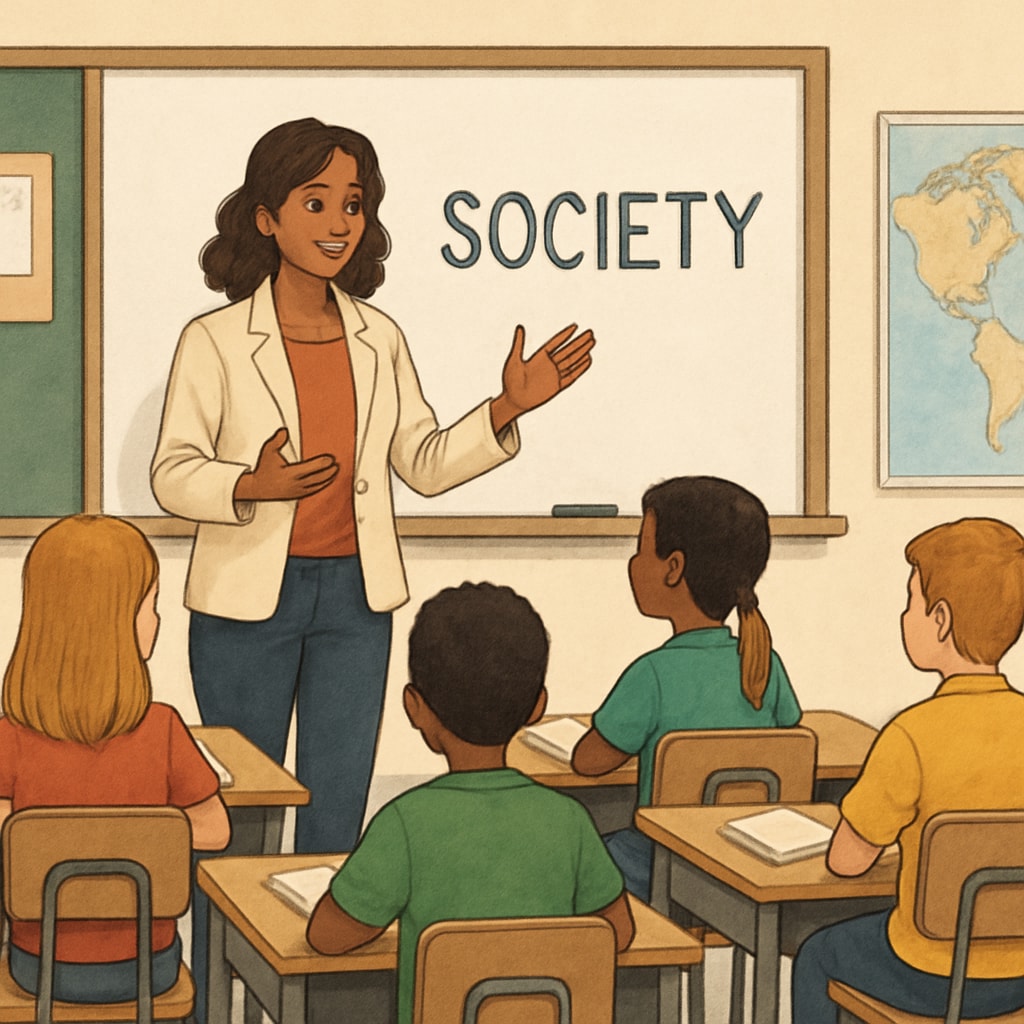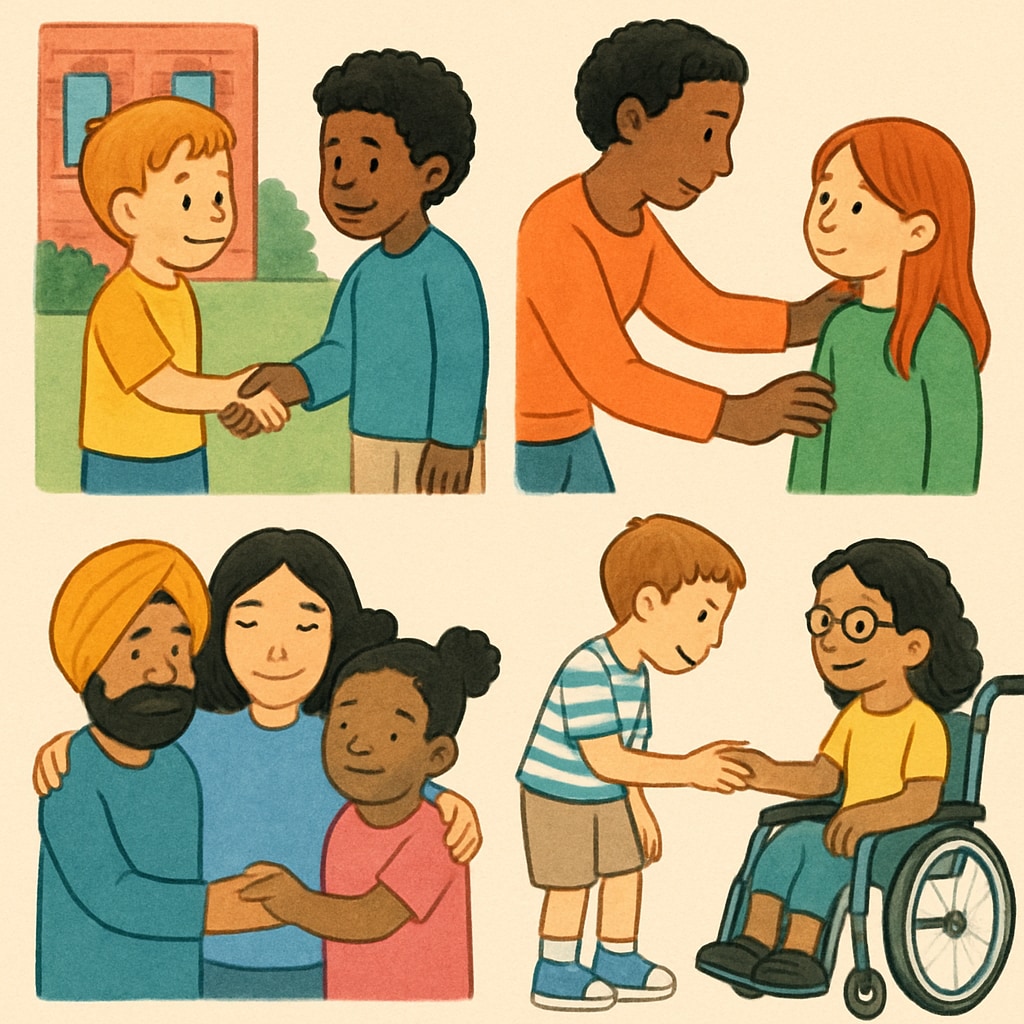In recent years, the inclusion of social-political topics such as protests and racial segregation in first-grade education has sparked debates about age appropriateness. While foundational education traditionally focuses on basic skills like arithmetic and reading, some educators argue that introducing societal issues at this stage can nurture empathy and understanding. However, others question whether these discussions risk overwhelming young minds or compromising their innocence.

Understanding Cognitive Development in First-Grade Students
The cognitive development of first-grade students plays a significant role in determining the appropriateness of introducing sensitive issues. At this age, children are typically in Piaget’s “preoperational stage,” which means they are learning through concrete experiences and struggle with abstract thinking. While they can understand fairness and right versus wrong, concepts like systemic inequality or historical protests may be too complex for them to grasp fully.
According to the American Psychological Association, young children process information differently than older students, relying heavily on visual aids and simplified narratives. Therefore, educators must carefully frame social-political lessons to match their developmental stage. For example, instead of detailed discussions on racial segregation, teachers might focus on themes of kindness and inclusion, gradually building a foundation for more complex topics later.
Balancing Innocence and Awareness
One of the key challenges is finding a balance between preserving childhood innocence and fostering early social awareness. Childhood is a critical period for emotional development, and exposing children to heavy societal issues prematurely may result in confusion or anxiety. On the other hand, avoiding these topics entirely could delay the development of empathy and awareness of diversity.
Effective strategies include using age-appropriate books, storytelling, and interactive activities that focus on universal values. For example, books such as “The Colors of Us” by Karen Katz introduce diversity in a way that is accessible and relatable for young learners without delving into complex historical conflicts. Additionally, role-playing activities that emphasize teamwork and cooperation can subtly introduce ideas of equity and mutual respect.

How Educators Can Approach Sensitive Topics
For educators, the question is not whether these topics should be introduced, but how they can be presented effectively. Here are several guidelines:
- Simplify concepts: Avoid overwhelming students with technical terms or historical details. Focus on relatable narratives that connect to their everyday experiences.
- Use visual aids: Illustrations, videos, or charts can make complex ideas more digestible for young minds.
- Encourage questions: Create an open environment where students feel comfortable asking questions and expressing their thoughts.
- Collaborate with parents: Engage parents in discussions about the curriculum to ensure alignment with family values and expectations.
By using these techniques, educators can introduce foundational social awareness while respecting the developmental limits of first-grade children.
Conclusion: The Future of Age-Appropriate Education
As society becomes increasingly interconnected, the role of education in fostering social awareness is more critical than ever. Introducing social-political topics in first-grade classrooms requires thoughtful consideration of age appropriateness, cognitive development, and emotional readiness. By striking the right balance, educators can help shape empathetic, socially aware individuals while preserving the innocence of childhood.
For further insights on child development and educational strategies, explore resources such as the Education section on Britannica or Education on Wikipedia.
Readability guidance: Use concise paragraphs, employ visual storytelling tools, and provide actionable tips for educators. Ensure clarity and accessibility for readers from diverse backgrounds.


